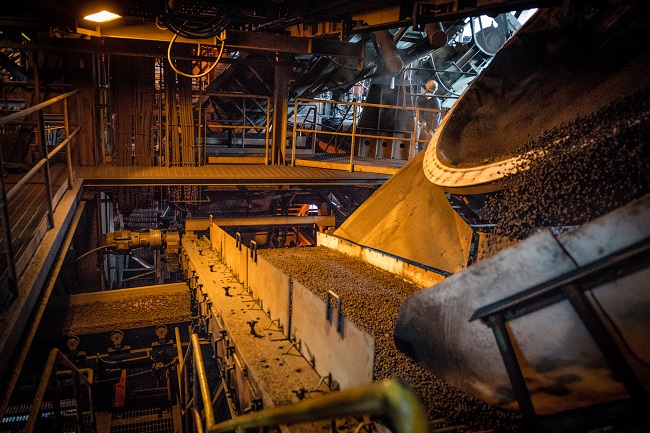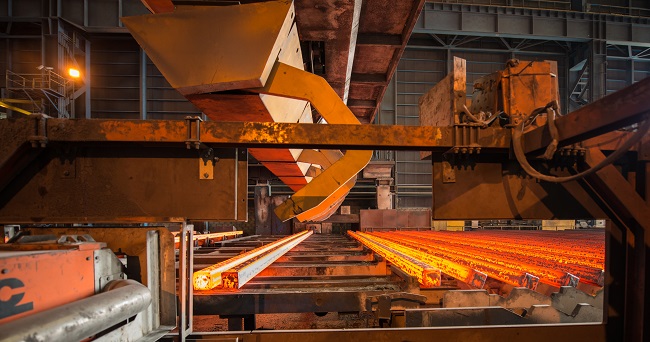Foulath Holding: investing in steel

Photo from Bahrain Steel
Innovation and human inventiveness result in extraordinary strides in global development, with steel being key in enabling this transformation. From smart cars to smartphones and airplanes to air-conditioners, steel has become an irreplaceable component that shapes people's every day lives.
Established in 2008 in the Kingdom of Bahrain, Foulath Holding is an investment company dedicated to the sustainable development and growth of the steel industry in the GCC, the broader Middle East, and the North Africa (MENA) region.
Foulath operates one of the largest fully integrated single-site steel complexes in the world, covering 1.7 million square meters, complete with port and jetty facilities. It oversees more than $2.4 billion in assets through its subsidiaries - Bahrain Steel and SULB. Producing over 12 million tons of high-quality iron ore pellets and more than 1 million tons of structural steel annually, Foulath constitutes a uniquely integrated steel producer that positions Bahrain as a key player in the region and in the world's steel sector.
It is a significant contributor to Bahrain's economy and to the creation of numerous direct and indirect jobs. Foulath's subsidiaries are responsible for almost 5% of the Kingdom's GDP, and about 25% of its non-oil exports. Bahraini nationals constitute around 51% of Foulath's employees.

Photo from Sulb
As a user of iron ore, Foulath never forget its responsibility towards the very source of its business – the planet. Foulath's commitment to conducting its operations in an environmentally conscious and socially inclusive fashion influences its strategy for sustainable growth. The principles of zero-harm, resource efficiency, a circular economy, and care for the community and employees are deeply embedded in the Group's operating philosophy as it focuses on transitioning to lower carbon-intensive operations and promoting sustainable steelmaking.
Foulath believes in the value of collaboration and evolving together which aligns perfectly with China's Belt and Road Initiative (BRI) goals of connectivity, cooperation, and sustainable growth.








